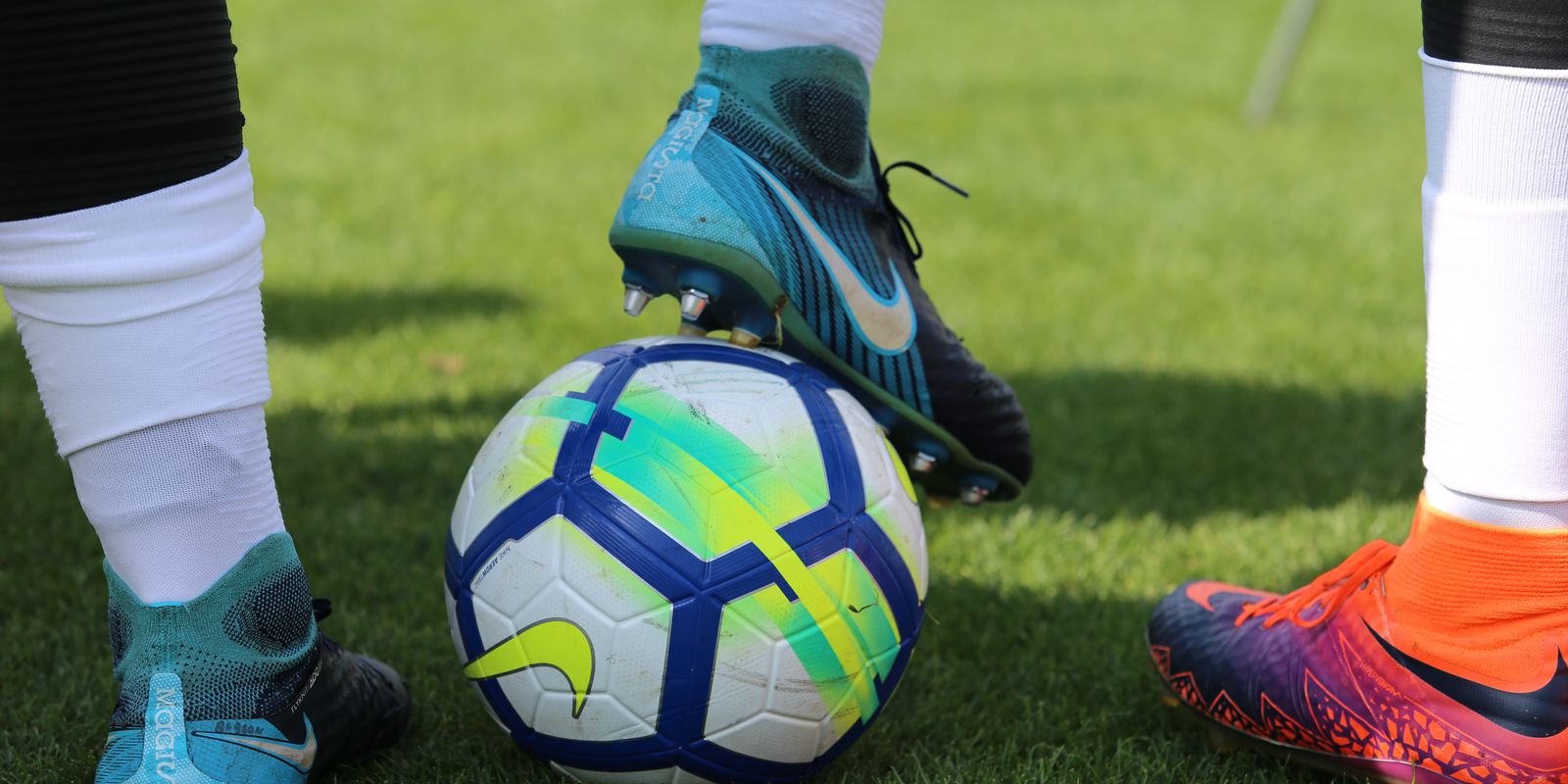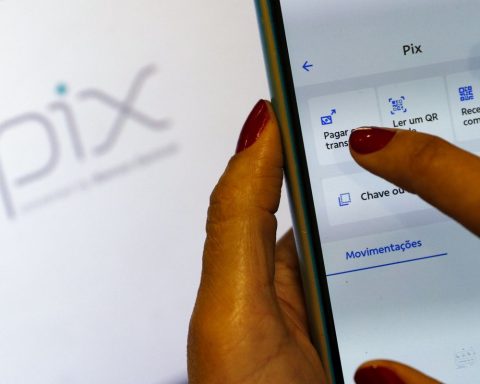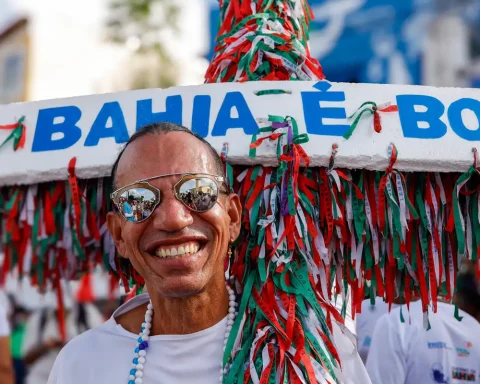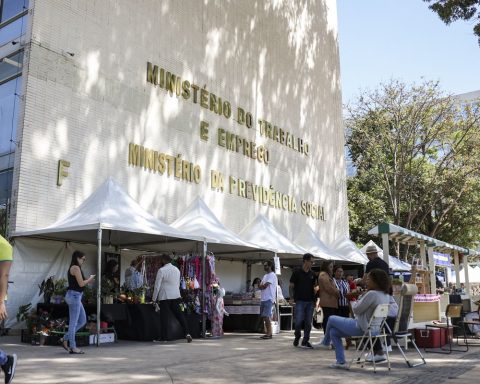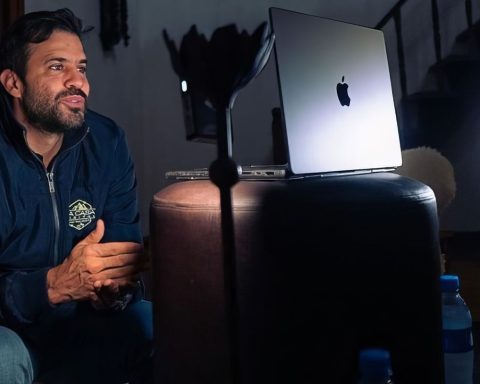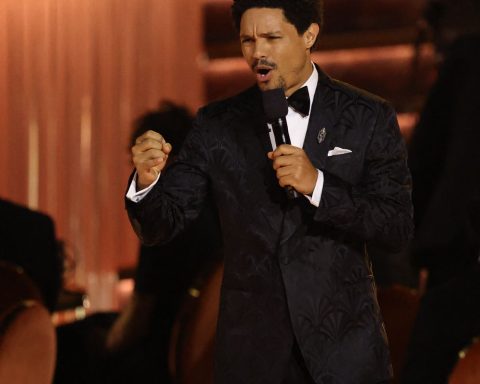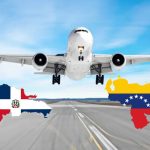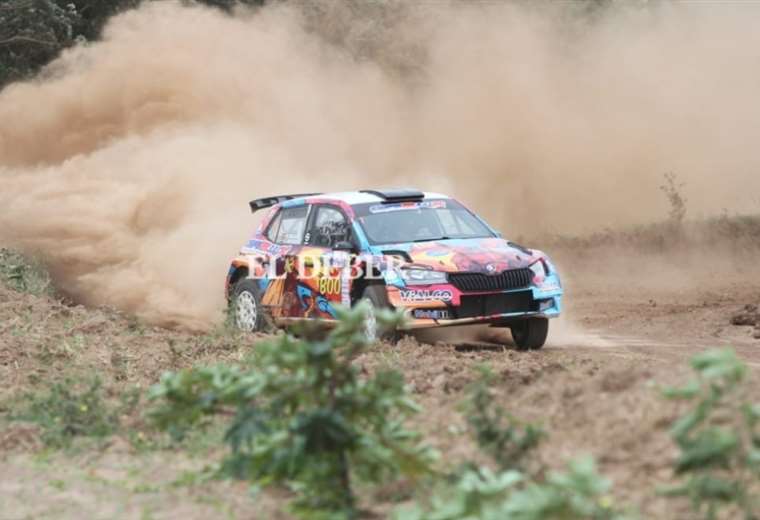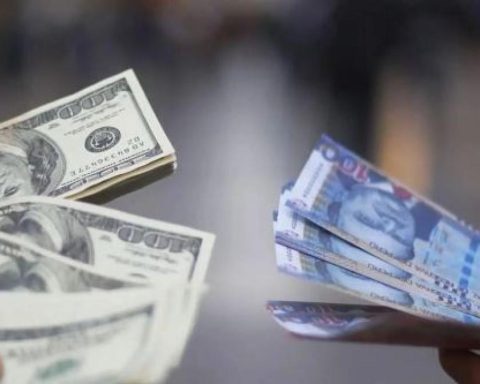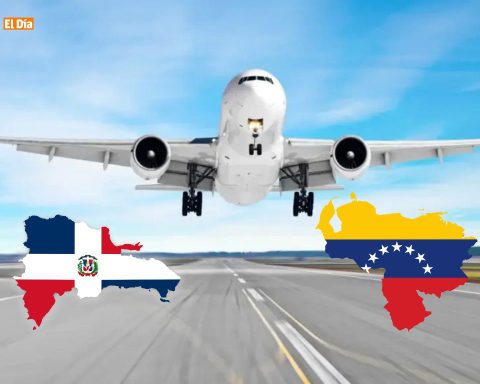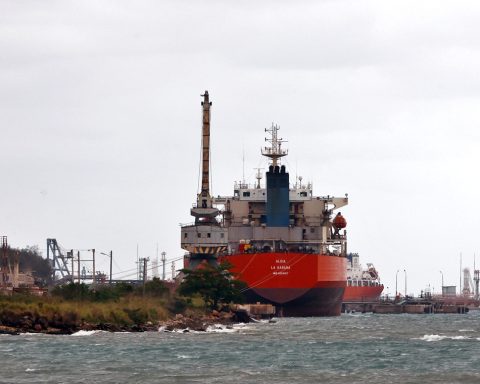The Prizes and Betting Secretariat (SPA) of the Ministry of Finance has already begun examining the 113 registration requests formalized until last week in the Betting Management System (Sigap) by companies that want to operate in the Brazilian fixed-odds betting market, bets that reward bettors when they correctly guess a predicted condition of the game or the result of the match. The SPA’s evaluation is in chronological order, according to the arrival of the requests.
After regularization, the federal government must apply “exemplary, firm and strong sanctions” against sports betting platforms and games online that are not authorized as of January 1st of next year. This is the expectation of the National Association of Games and Lotteries, according to the entity’s Communications Director, Leonardo Benites, owner of a gambling agency marketing specialized in betting.
“It is certainly a new phase, much anticipated. We believe in a market that is regulated – that has active participation from the regulator, that is [também] self-regulated and that companies have the freedom to invest by declaring their revenues and paying their taxes,” said Benites. He believes the measure brings “necessary security” to betting.
Only companies authorized by the Ministry of Finance and the Ministry of Sports may adopt the domain “bet.br” in their brands on the internet. Each authorized application grants the right for companies to exploit up to three bet brands.
In total, 108 companies have submitted applications for regulation, five of which have made two applications and, if approved, will be able to exploit up to six brands. The forecast published by SPA is that “around 220 websites may offer bets in an authorized and regulated manner.”
On the last day
Survey carried out by Brazil Agency found that of the 113 requests to explore bets, 110 were made in the final 30 days of the deadline – almost half of those on the last day to apply for this year’s grant, August 20.
The report was able to identify the origin of 65 registrations from companies that want to operate in the Brazilian market. Twenty-nine requests are from companies registered in Curaçao, 13 are from Brazil itself, six are from Malta and five from British domains, in addition to 12 from diverse countries such as Armenia, Australia, United Arab Emirates, United States, Philippines, Greece and Hungary.
The place of registration does not mean that the capital has the same origin. For example, it is possible that a company with Swiss capital has its capital licensed in Curaçao, an island in the Caribbean belonging to the Netherlands (Holland). This can also happen with a company with Brazilian capital that has a license in a tax haven.
Sixty-six percent of the orders are from companies opened in Brazil after the Law 14.790/2023which regulated betting activity in Brazil. A quarter of the requests are from companies that came into existence after the Law 13.756/2018which legalized the business, but without imposing any rules. Almost 8% of the requests are from companies that already existed previously, but dedicated themselves to other activities.
Only companies that have registered with a specific trade board who are dedicated to “operating fixed-odds betting” in the National Classification of Economic Activities (CNAE) number 9200-3/99 will obtain authorization.
Three phases
Authorization has three phases. Initially, the Prizes and Betting Secretariat performs a preliminary documentary analysis of the requests and, eventually, takes steps to complete the information.
The department observes the company’s legal qualification and suitability, technical and economic-financial qualifications, as well as regularity in the payment of taxes and the absence of labor problems.
After the SPA, the requests are sent for analysis and opinion by the Ministry of Sports, which establishes which sports modalities and which sports practice entities can be the subject of bets on the platforms.
Requests approved by the Sports Ministry are forwarded to the Treasury, which will determine the payment of a R$30 million grant fee to obtain final authorization. In the event of disagreements between the two ministries, the company’s request must be analyzed by the Attorney General’s Office (AGU).
If all 113 requests are granted, the Union will collect R$3.390 billion by the end of the year. In addition to the payment for the authorization, the bets will collect taxes for the Social Contribution on Net Income (CSLL), PIS-Cofins, Corporate Income Tax (IRPJ), Tax on Services of Any Nature (ISS) and social allocation.
Currently, betting companies do not collect any real in taxes on bets in Brazil. The government does not know how many companies are operating betting companies and how much they earn in the country. It also does not know how the profits are allocated, the number of people employed in the sector and the number of bettors.
“The period without rules is coming to an end. With the conclusion of the adaptation phase, the market has already understood that there is only one way to operate nationally in Brazil: complying with the law and rules, respecting people and with authorization from the Ministry of Finance”, described in a note the Secretary of Prizes and Bets Regis Dudena.
Expenses, debt and gambling addiction
The National Association of Games and Lotteries estimates that the regulated activity will have a tax burden of between 32% and 36%, and could generate 100,000 direct and indirect jobs over the next five years. According to the entity, the regulated market should generate R$25 billion in 12 months.
A macroeconomic study by Banco Itaú estimates that net spending on gambling in Brazil is R$24 billion. Assessment of PwC Strategy& Consultant from Brazil points out that spending on bets “already exceeds other types of discretionary expenses, such as leisure, culture and personal products, and is even starting to impact the budget allocated to food.”
An opinion poll conducted by the Locomotiva Institute earlier this month indicated that a third of gamblers are in debt and in default. According to the survey, three-quarters of gamblers are from the CDE classes – 46% of whom are young people between 19 and 29 years old. More recently, the Alana Institute denounced profiles of child influencers on social media who promote websites of gambling among children.
Gambling addictions, digital dependence, gaming disorders or gambling addiction have already been clinically diagnosed by doctors such as professionals from the team at the Institute of Psychiatry at the Hospital das Clínicas of the Faculty of Medicine of the University of São Paulo, where there is a outpatient program for affected people.
Still in São Paulo and also in the metropolitan regions of Belo Horizonte, Maceió, Rio de Janeiro, Salvador, there are active brotherhoods of Gamblers Anonymousfor mutual help against compulsive gambling.
The Prizes and Betting Secretariat continues to receive requests for concessions to explore the Brazilian fixed-odds betting market. New requests will be evaluated in 180 days and will only have results in 2025. This Monday (26), the first request arrived after the August 20 deadline.
